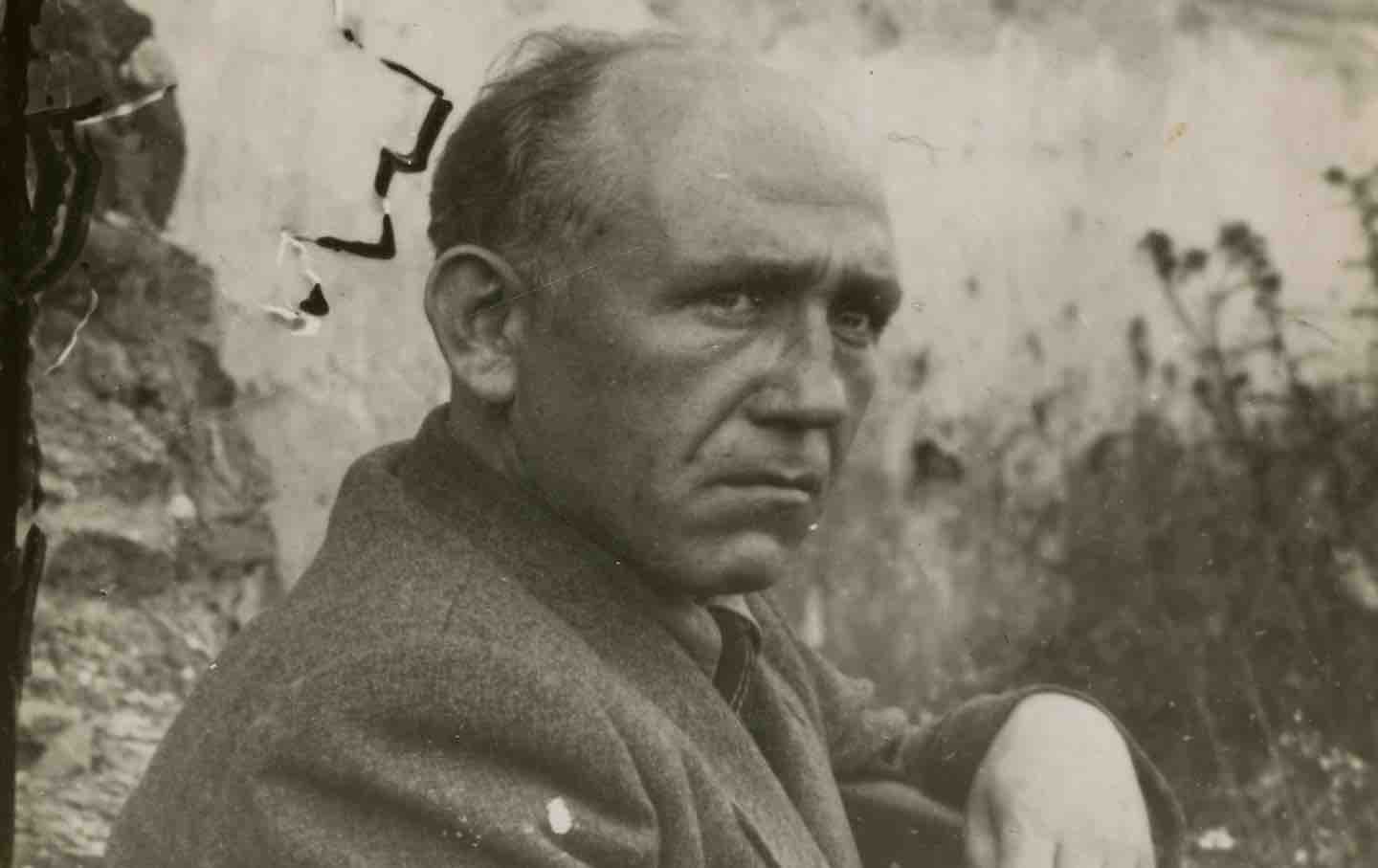
"Chaim Grade described his internal conflict, stating, "The writer inside me is a thoroughly ancient Jew, while the man inside me wants to be thoroughly modern. This is my calamity, plain and simple, a struggle I cannot win." This reflects his complex struggle between traditionalism and modernity, rooted in his observant Lithuanian upbringing and later literary aspirations."
"After World War II, Grade discovered the tragic fate of his wife and mother at the hands of the Holocaust. Following this, he emigrated to Paris and then the United States, where he began a life distinct from his Orthodox youth, yet profoundly connected through his writing."
"In his later years, Grade viewed his art as a way to preserve the memory of his lost community, proclaiming himself the "gravestone carver of my vanished world." This illustrates his commitment to memorializing the shtetl culture through vibrant storytelling."
"Grade's novel, Sons and Daughters, which first appeared in English this year, successfully captures the lively essence of a culture that no longer exists, combining vivid descriptions with an engaging narrative that was celebrated among its Yiddish readership."
Chaim Grade experienced an internal struggle between his traditional Jewish upbringing and modern literary aspirations. After losing his wife and mother during the Holocaust, he emigrated to Paris and then the United States, living a life distinct from his Orthodox roots. Grade aimed to recreate and honor the memory of his lost Jewish community through his fiction, describing himself as the "gravestone carver of my vanished world." His novel Sons and Daughters, now available in English, embodies the vibrant spirit of this culture despite its tragic disappearance.
Read at The Nation
Unable to calculate read time
Collection
[
|
...
]